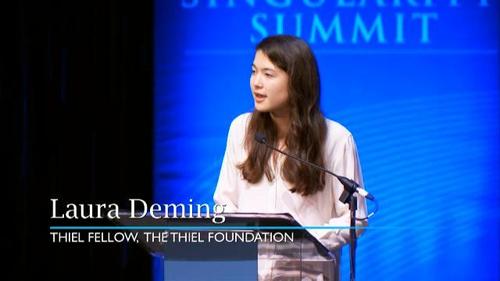“Recent scientific advances suggest that slowing the aging process (senescence) is now a realistic goal. Yet most medical research remains focused on combating individual diseases.”
“Using the Future Elderly Model—a microsimulation of the future health and spending of older Americans—we compared optimistic “disease specific” scenarios with a hypothetical “delayed aging” scenario in terms of the scenarios’ impact on longevity, disability, and major entitlement program costs. Delayed aging could increase life expectancy by an additional 2.2 years, most of which would be spent in good health.”
“The economic value of delayed aging is estimated to be $7.1 trillion over fifty years.”
“In contrast, addressing heart disease and cancer separately would yield diminishing improvements in health and longevity by 2060—mainly due to competing risks. Delayed aging would greatly increase entitlement outlays, especially for Social Security. However, these changes could be offset by increasing the Medicare eligibility age and the normal retirement age for Social Security. Overall, greater investment in research to delay aging appears to be a highly efficient way to forestall disease, extend healthy life, and improve public health.”
See on news.usc.edu









One Response to “Delayed aging is better investment than cancer, heart disease research”
December 22
Ryan FalorI think the line about disabled life expectancy rising faster than healthy life expectancy says it all.